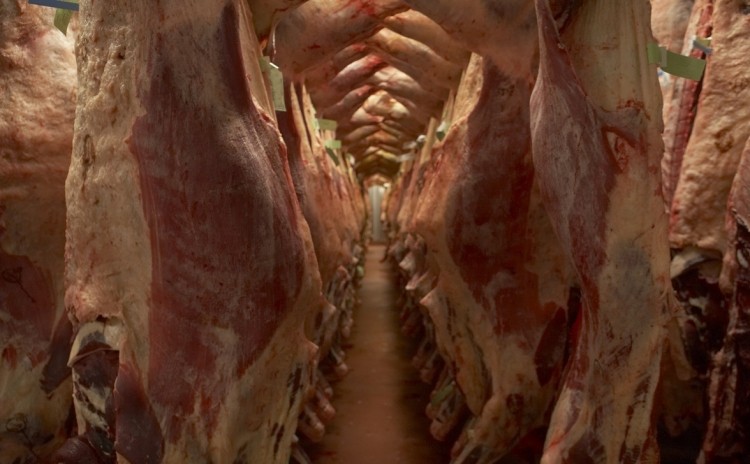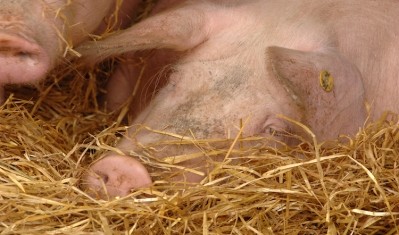Meat wholesalers warning over labour crisis and soaring costs

He raised the red flag over staffing issues in a web posting covering prospects for 2022.
“Maintaining our workforce at a level that keeps the business viable has been the overwhelming concern for my members throughout the year, and, with virtually no real help available from Westminster, businesses have been left on their own to fight a lone battle to find skilled workers,” said McNaughton.
As companies strove to boost retention and recruitment rates, wages would rise, adding to the increased overheads generated by rising energy bills, and increasing costs for compliance and raw materials, he also warned.
'Market correction looming'
"The cost burden our members endure is rapidly becoming unsustainably high. A market correction is looming which may well mean that an explosion of costs and prices at the retail level will be inevitable at some point in 2022 with processors, wholesalers and retailers being forced to apply cost increases to their end products.
"Official economic forecasts for the UK are already quoting inflation reaching 5% next year and there is no way the production, processing and retailing of red meat can be exempt from such pressures. It could even be argued, in fact, that food inflation in some primary areas is long overdue."
McNaughton was unimpressed by the UK Government's reintroduction of temporary work visas in a bid to tackle skills shortages. He called them 'a sticking plaster response' that 'didn’t deliver in the short-term and is unlikely to be any better next year'.
Help to finance CCTV
He pressed for more support from the Scottish government to help finance the additional expense of mandatory installation of CCTV in abattoirs.
In the face of their various struggles, the number of livestock processing plants in Scotland had halved in the past 20 years, from 30 to 14, he said.
However, he highlighted the fact the COP26 in Glasgow had enabled Scotland's red meat sector to showcase the relatively low environmental impact of its grass fed livestock production compared to more intensive global models.
Separately, SAMW executive manager, Martin Morgan, has praised the Scottish Government's extension of the Pig Producers’ Hardship Support Scheme, announced on 10 January.
"This is a very welcome move by the Scottish Government which will help to underpin the viability of the primary pigmeat supply chain in Scotland of which both the Quality Pig Processors (QPP) plant in Brechin and Robertson's Fine Foods in Ayrshire are important customers," said Morgan.
















